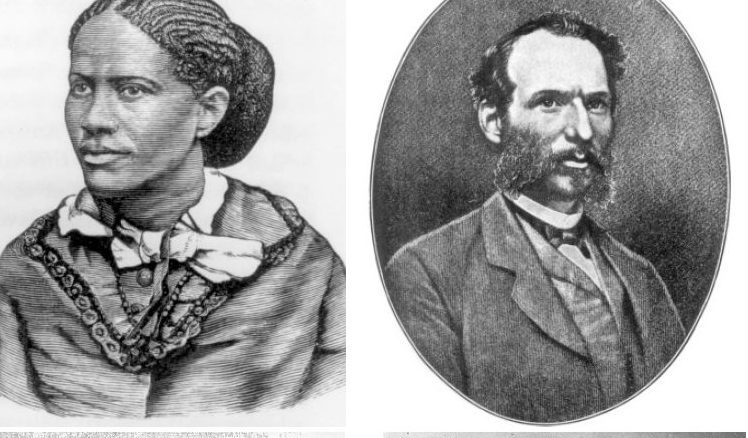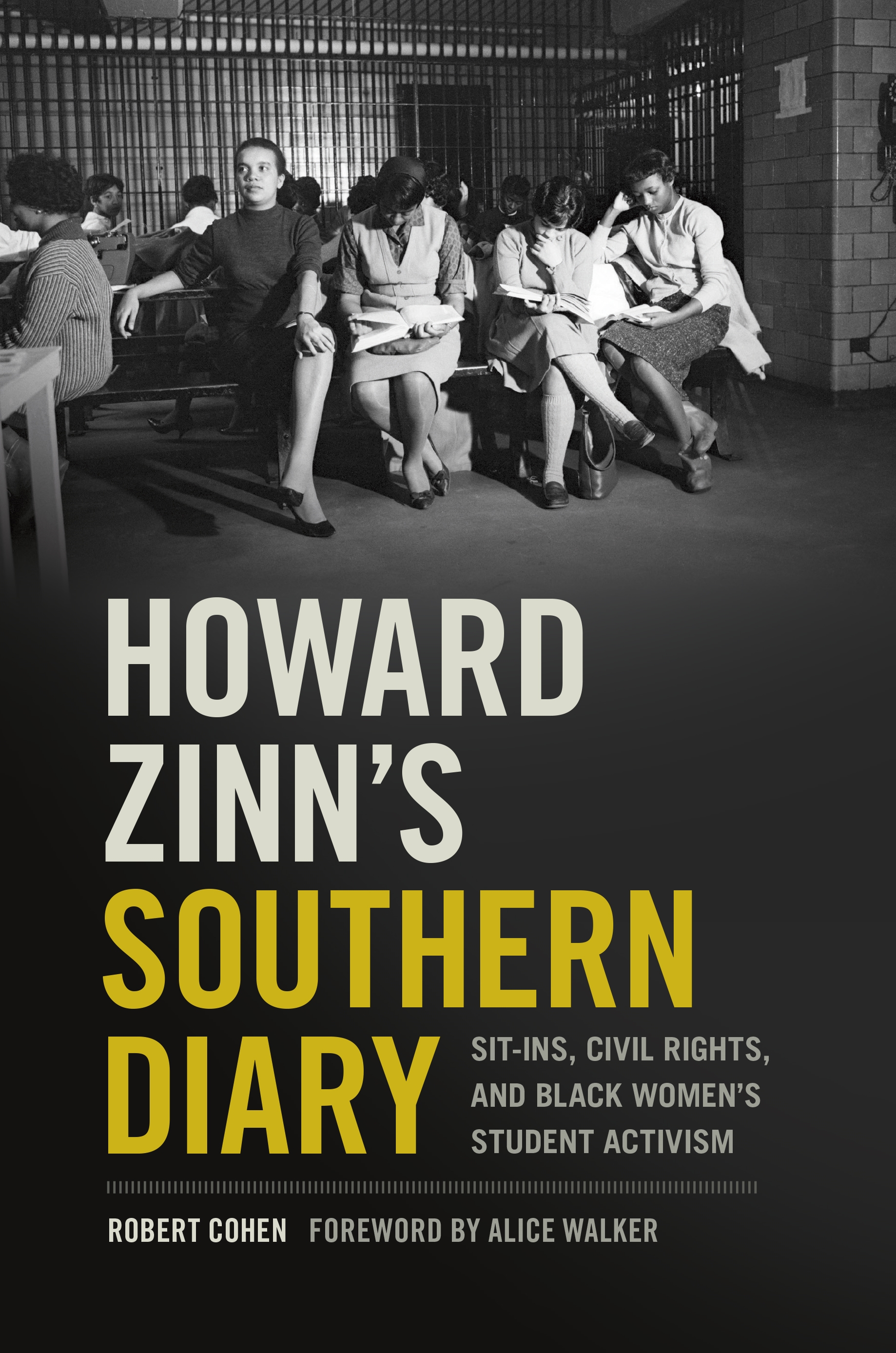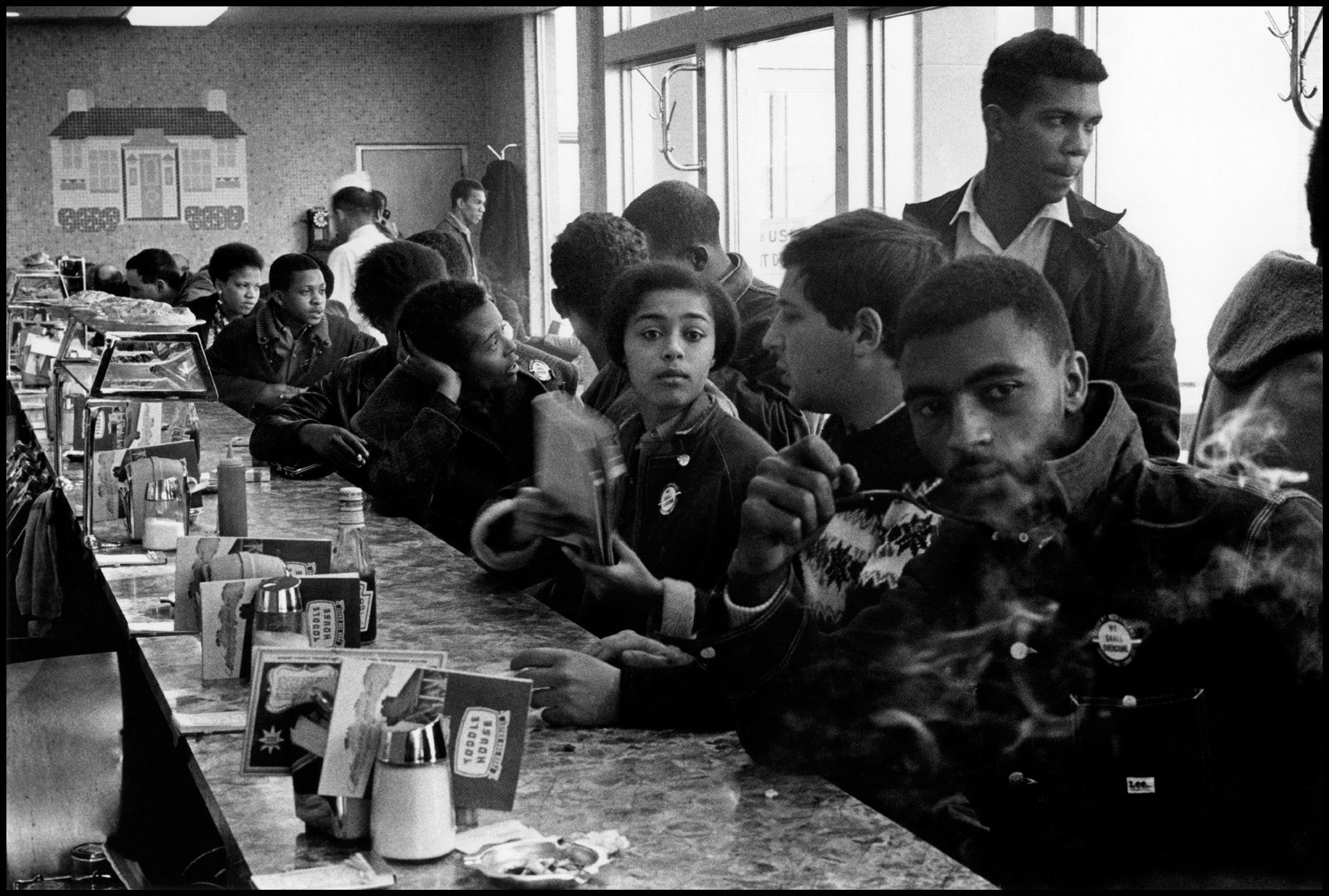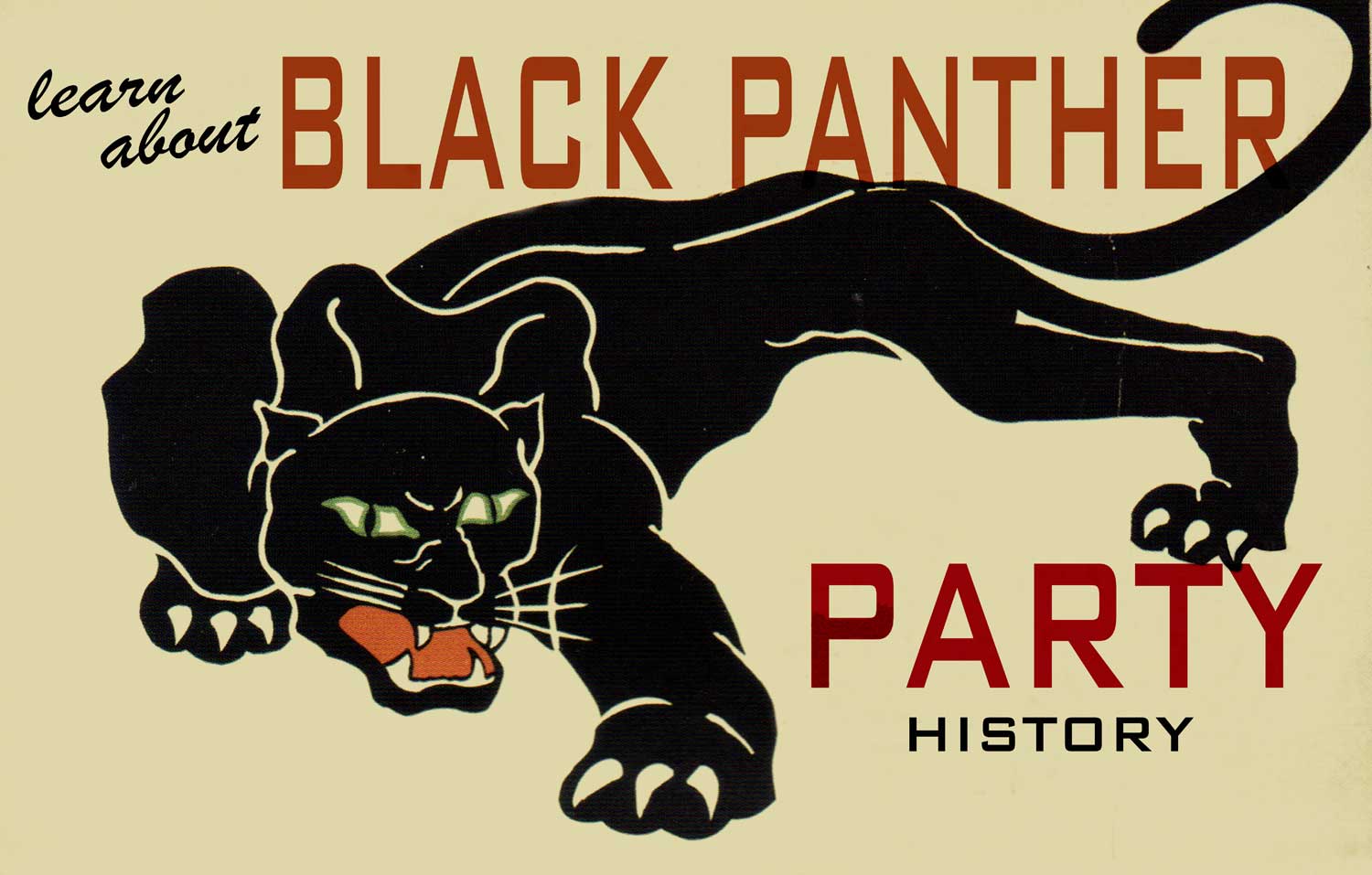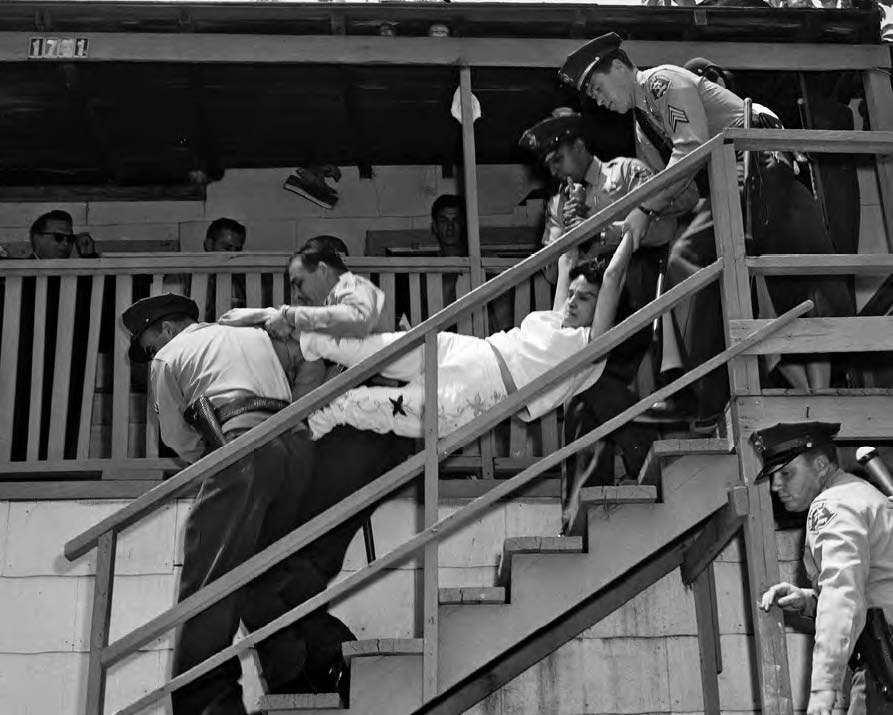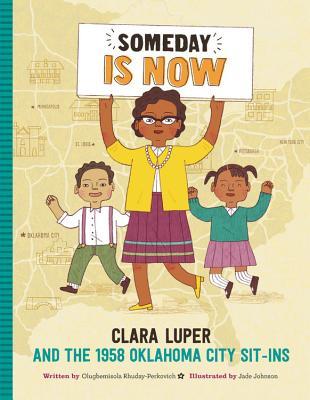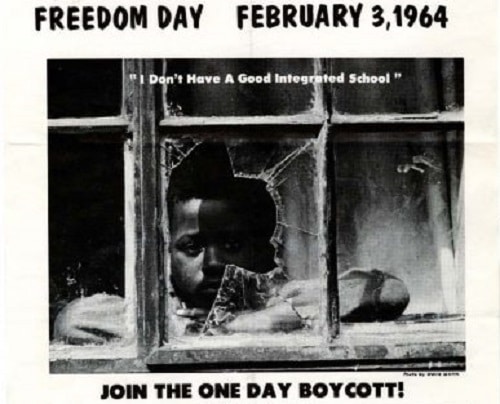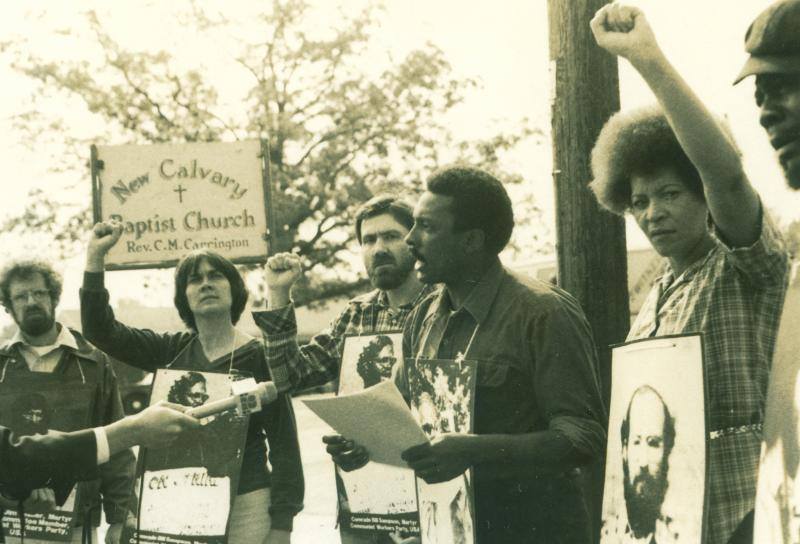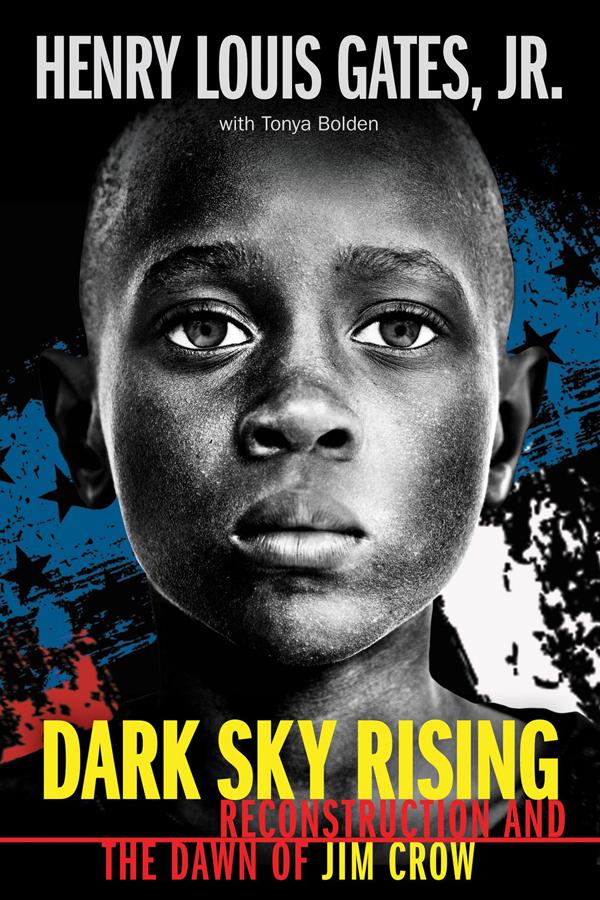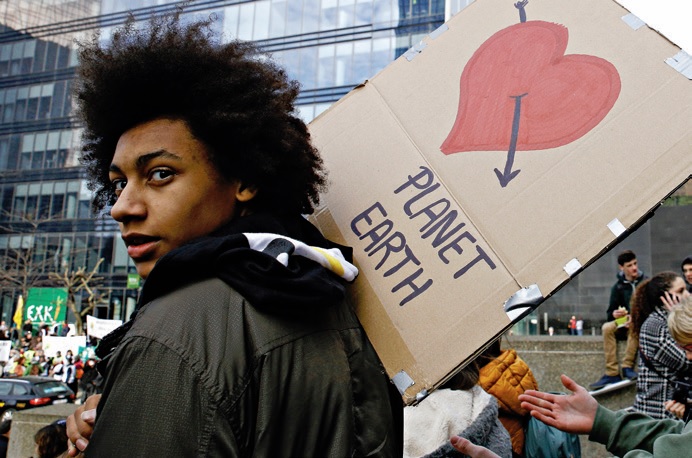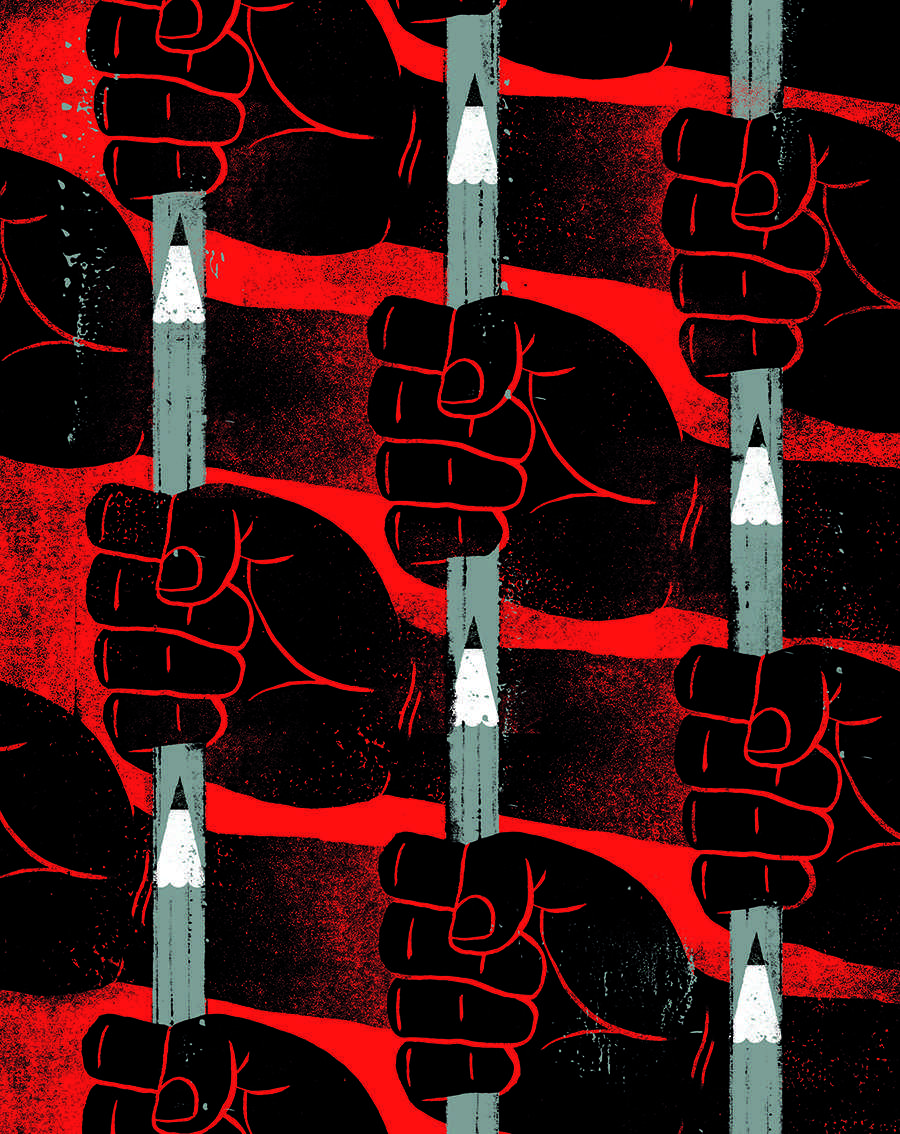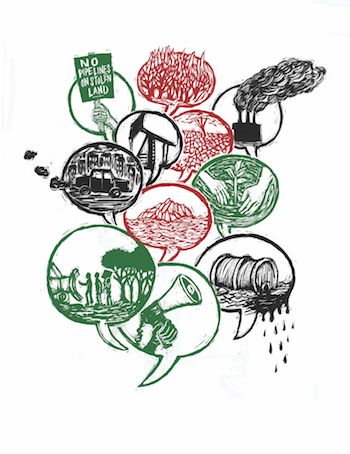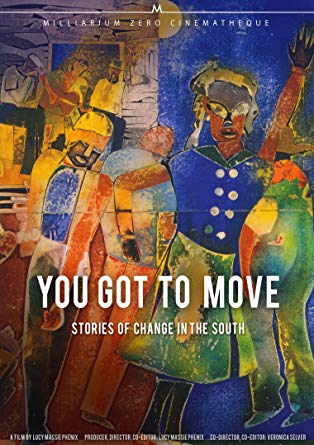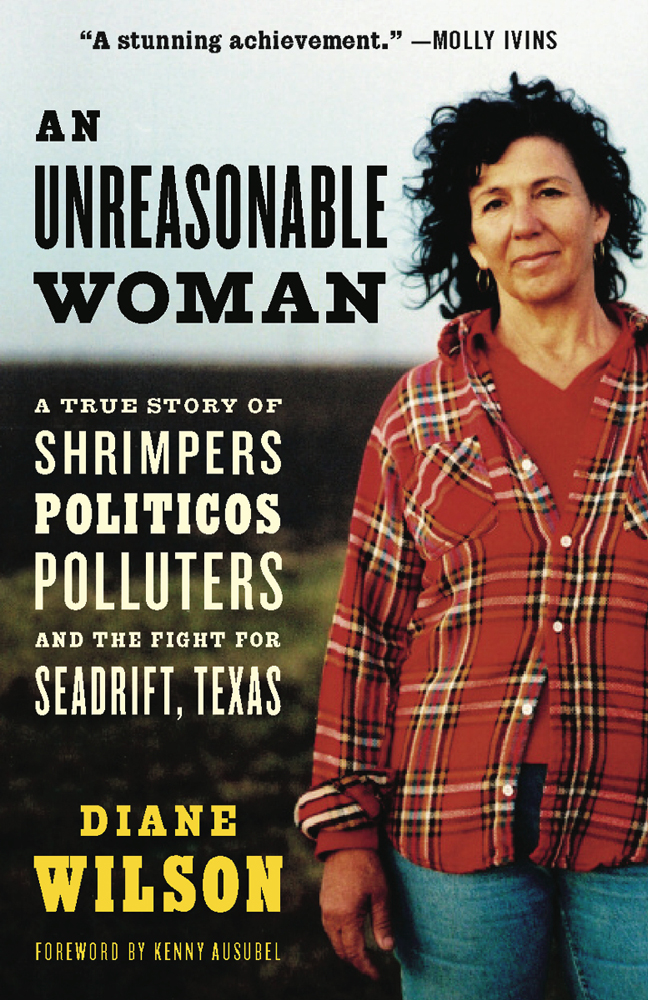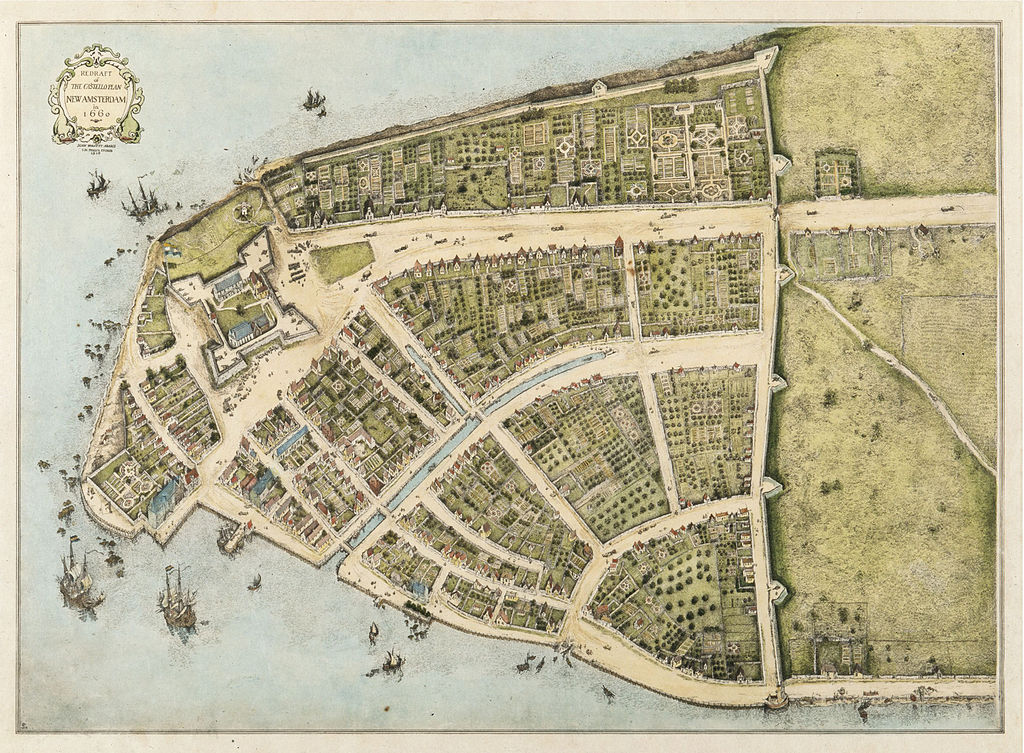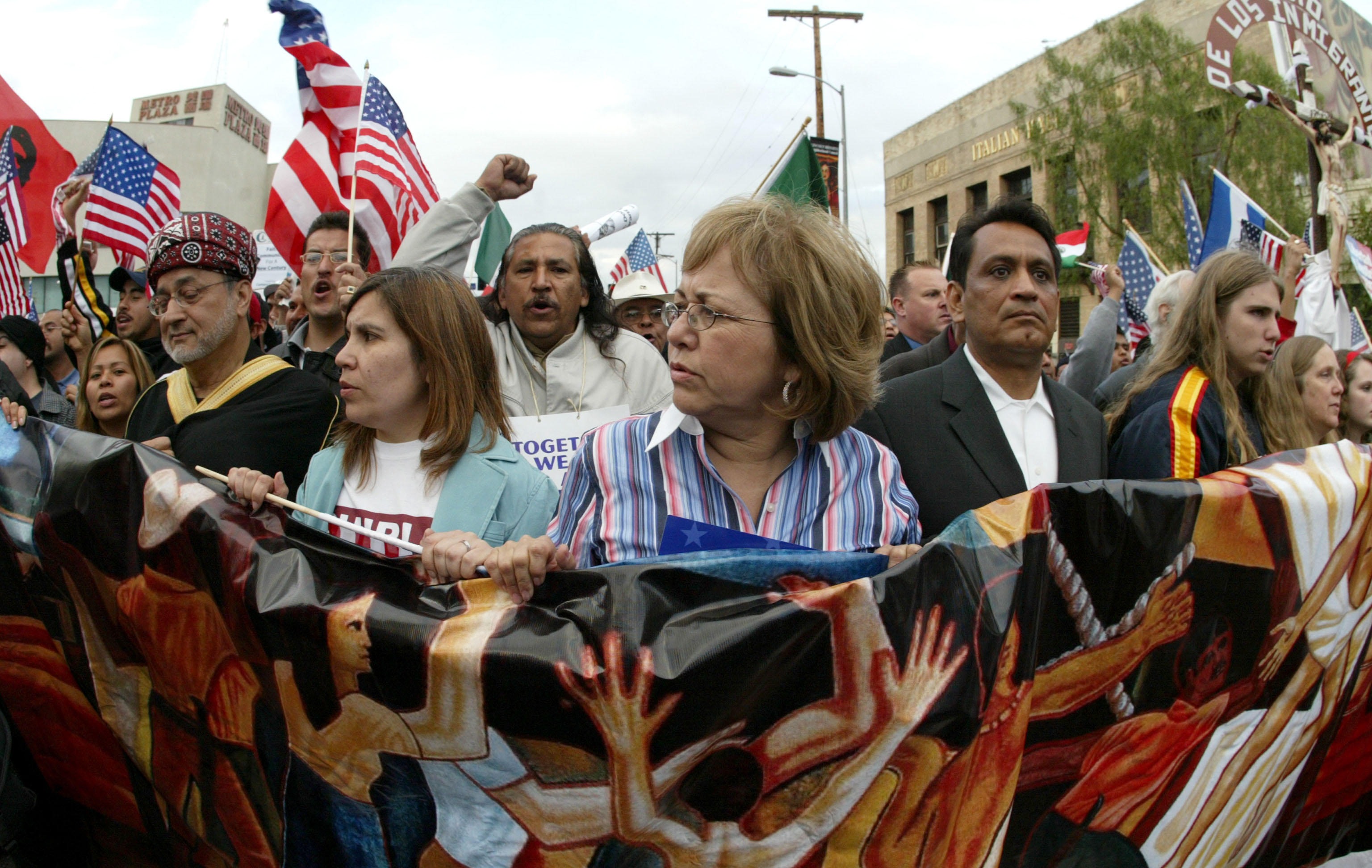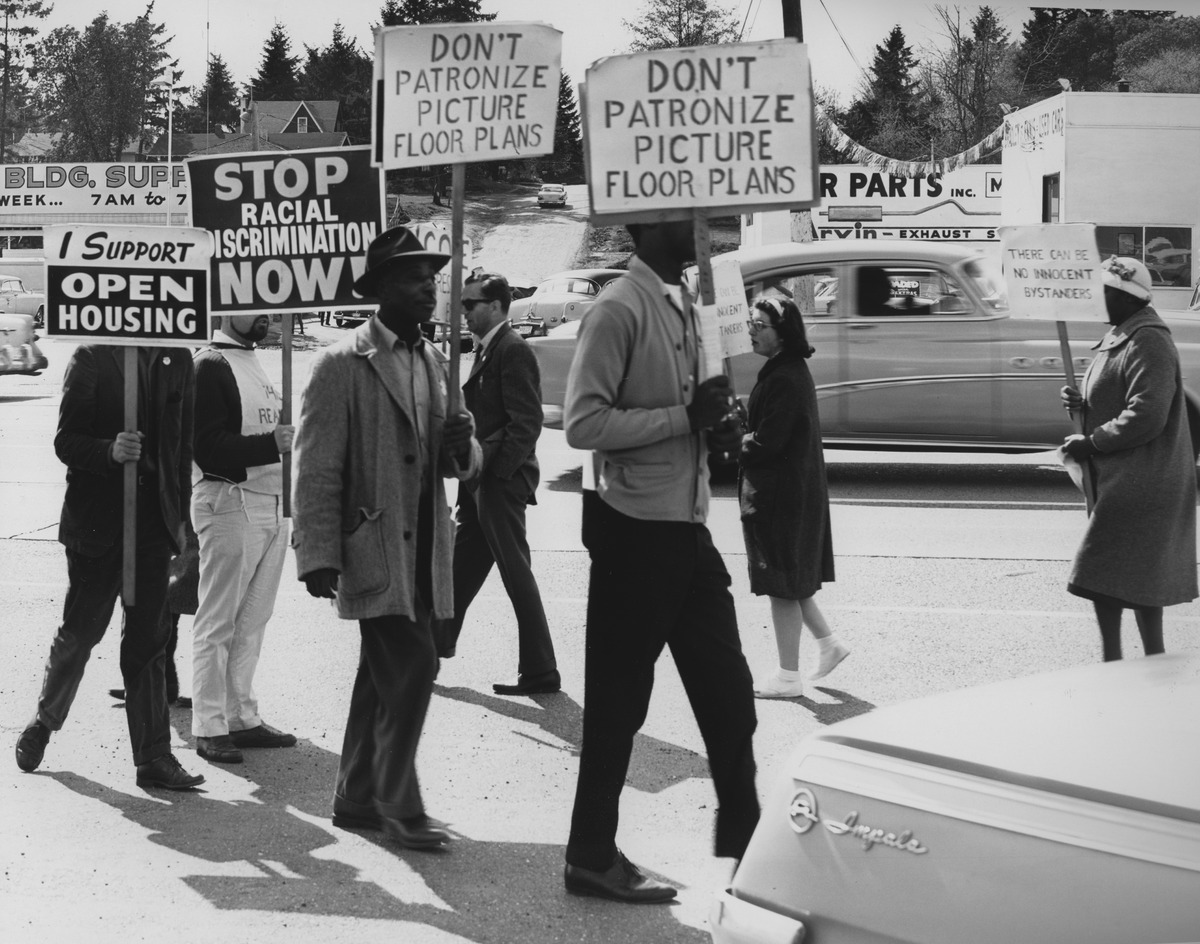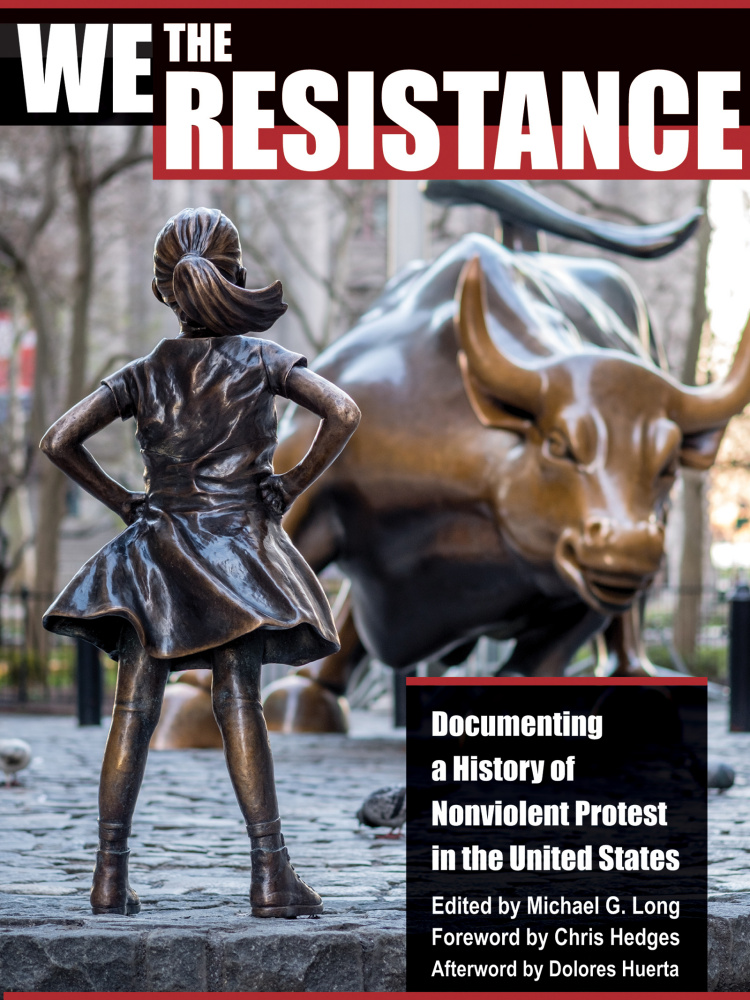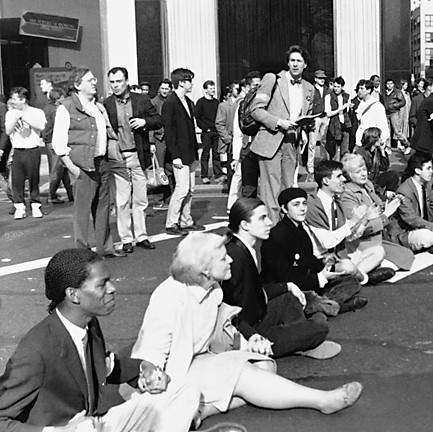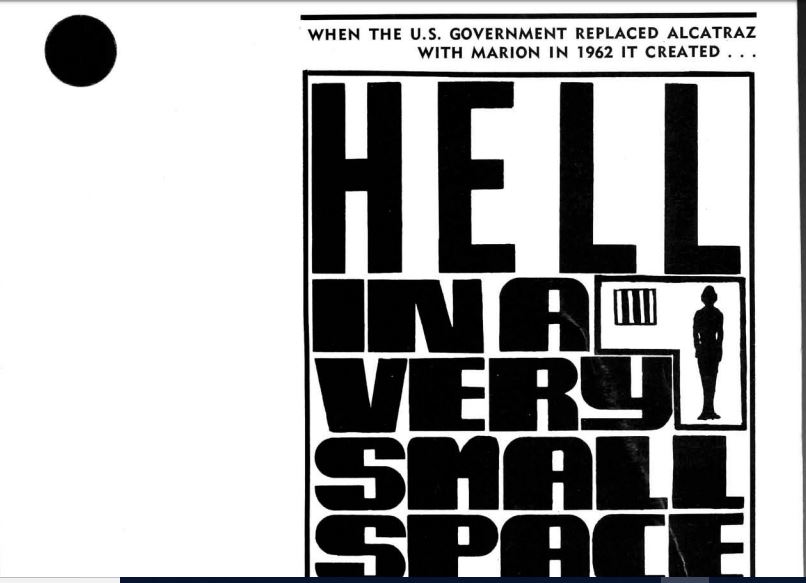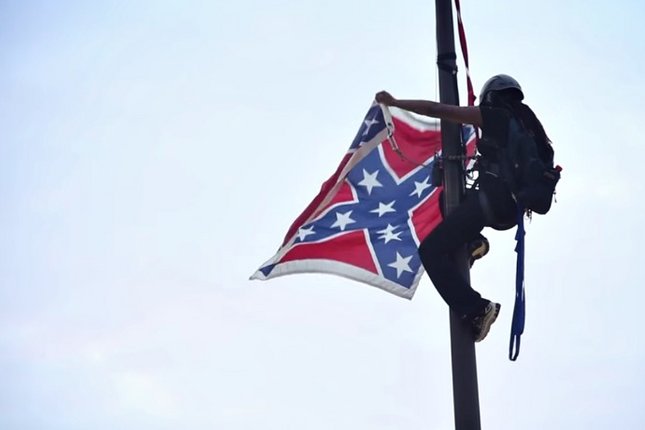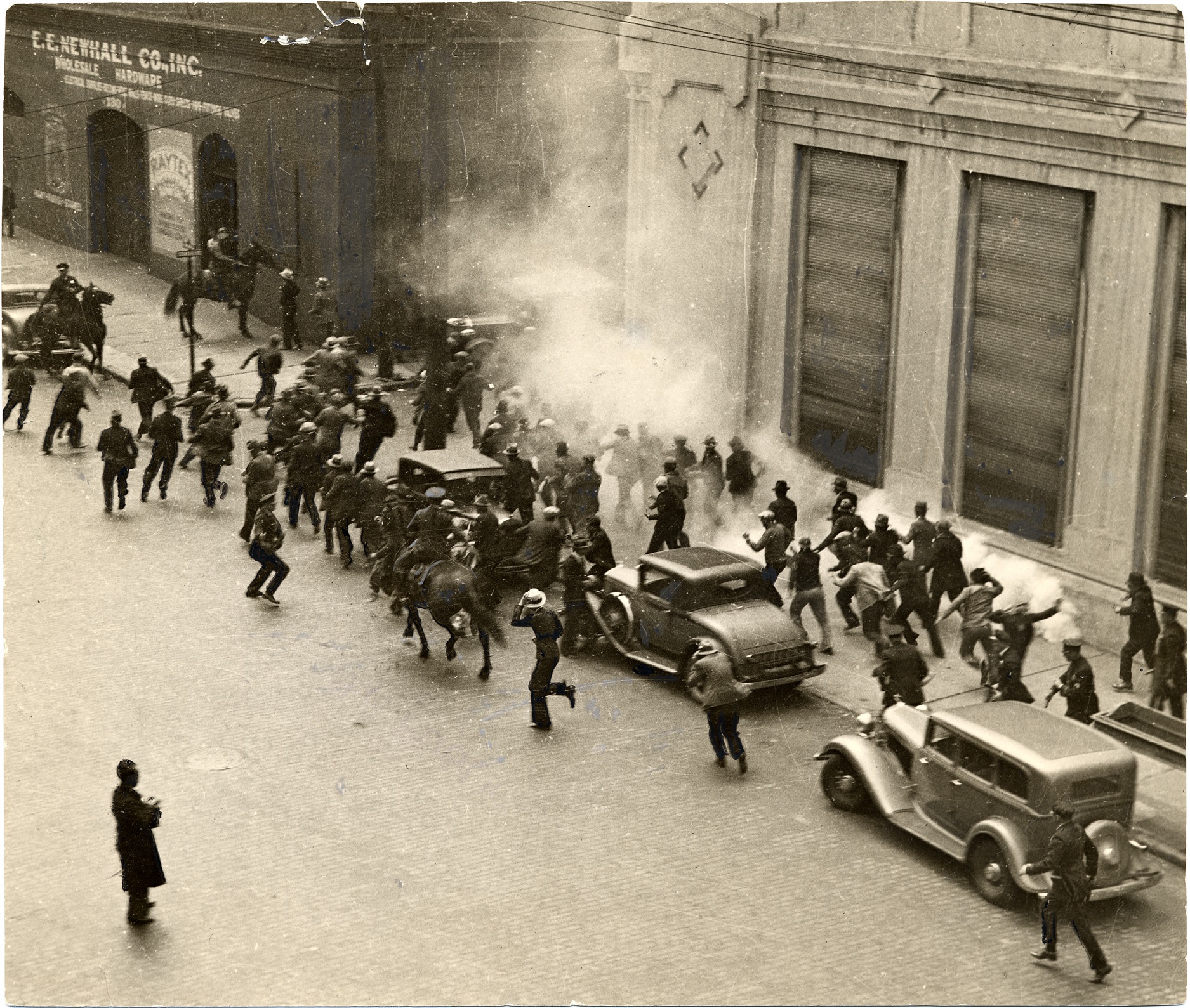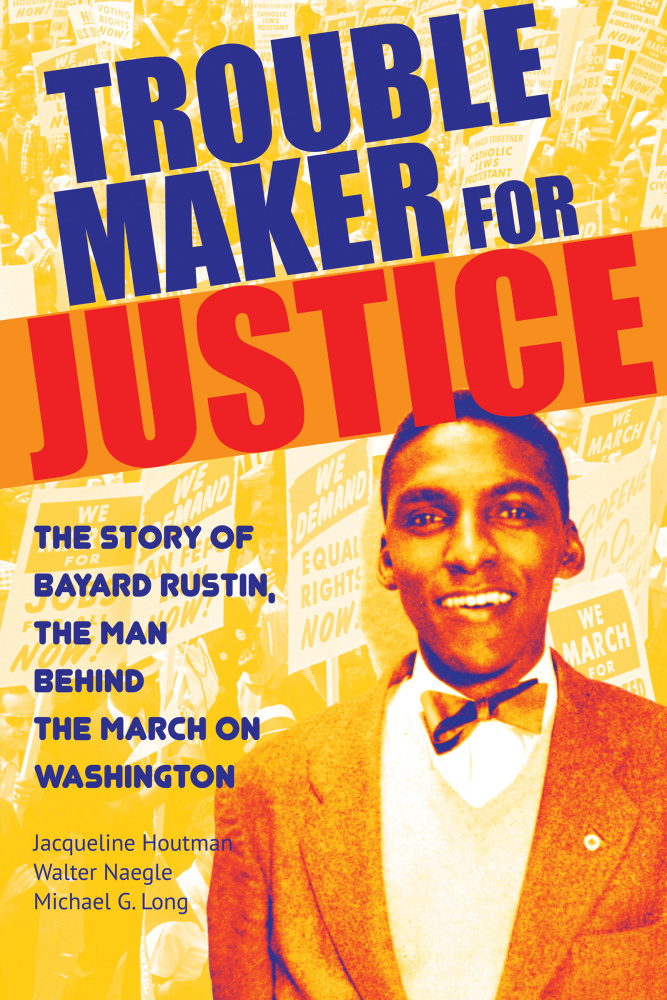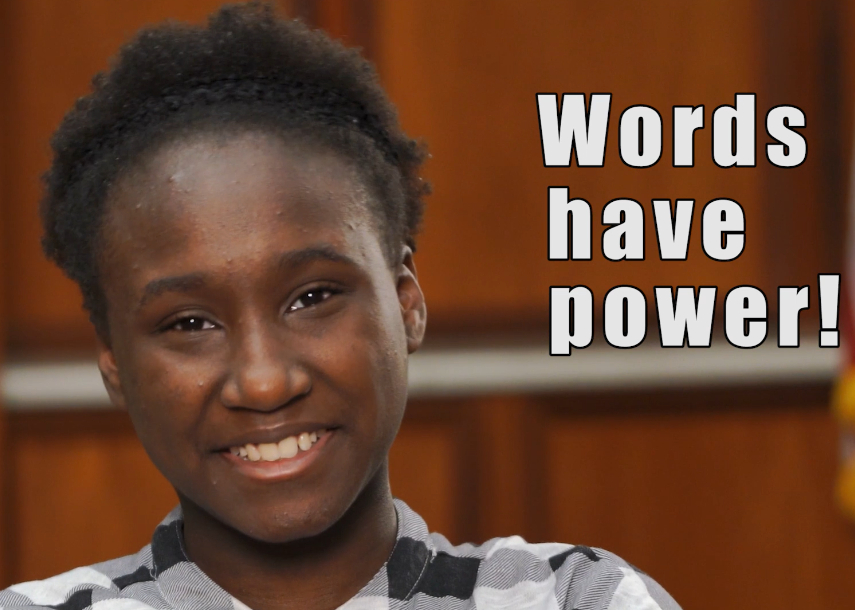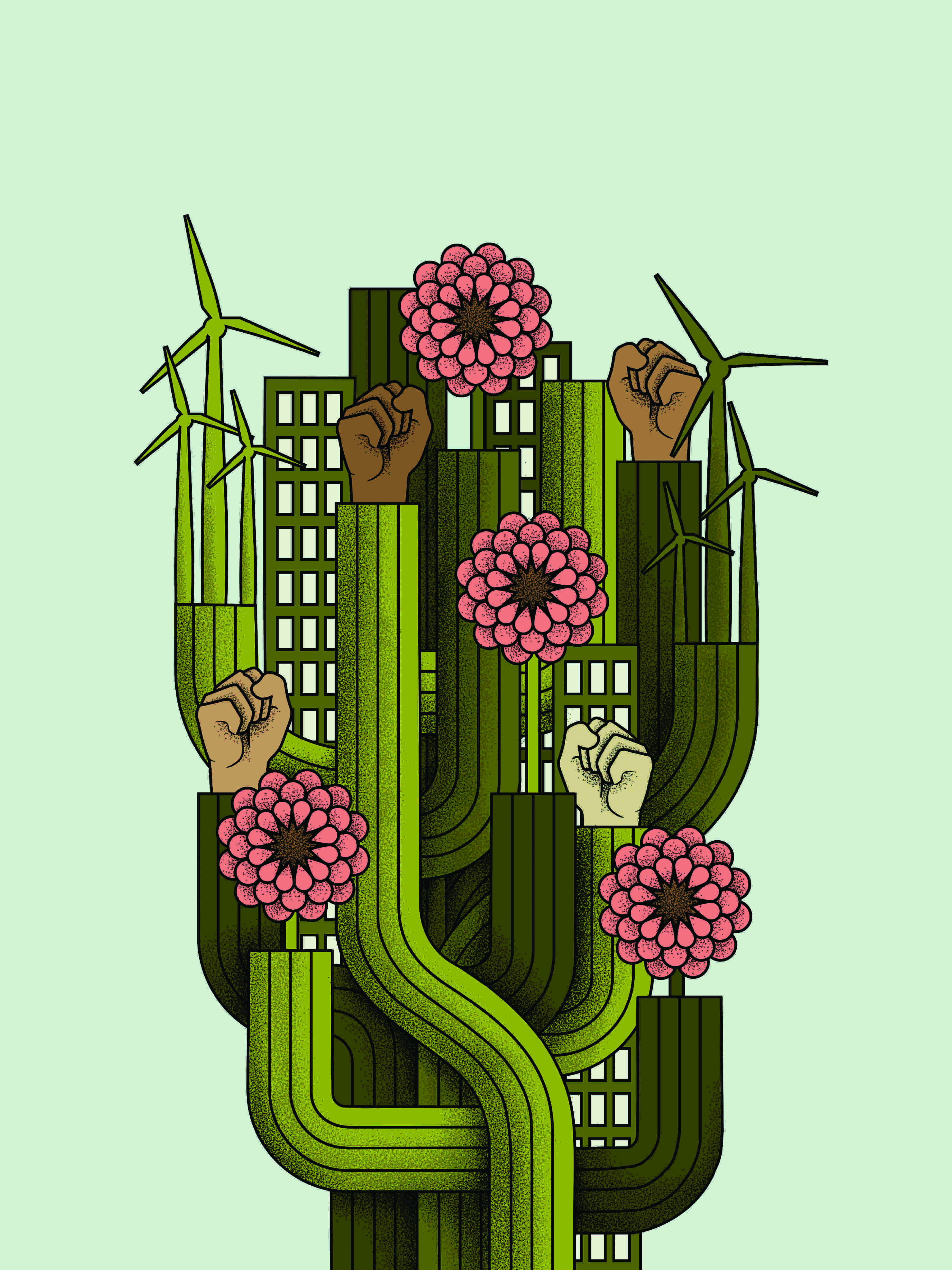Teaching Activity. By Adam Sanchez and Nqobile Mthethwa. 25 pages.
A mixer role play explores the connections between different social movements during Reconstruction.
Continue reading
Book — Non-fiction. By Robert Cohen. 2018. 312 pages.
A historical overview and diary entries from Howard Zinn's years as an activist professor at Spelman College.
Continue reading
Teaching Activity. By Adam Sanchez. Rethinking Schools. 24 pages.
A series of role plays that explore the history and evolution of the Student Nonviolent Coordinating Committee, including freedom rides and voter registration.
Continue reading
Teaching Activity. By Adam Sanchez and Jesse Hagopian. Rethinking Schools. 33 pages.
A mixer lesson introduces students to the pivotal history of the Black Panthers.
Continue reading
Palo Verde, La Loma, and Bishop were close-knit Mexican American communities that were destroyed in the 1950s to make way for Dodger Stadium.
Continue reading
Picture book. By Olugbemisola Rhuday-Perkovich. Illustrated by Jade Johnson. 2018. 32 pages.
The true story of a teacher who led her students to take direct non-violent action to protest segregation.
Continue reading
More than 450,000 New York City school children boycotted school as part of a protest for quality schools for Black and Latino students.
Continue reading
Five people were killed when the Ku Klux Klan and Nazis fired on an anti-Klan rally in Greensboro, North Carolina.
Continue reading
Book — Non-fiction. By Henry Louis Gates Jr. with Tonya Bolden. 2019. 240 pages.
Readers trace the rise and fall of racial equity during Reconstruction as increasingly violent white supremacy and new forms of oppression take hold at the turn of the 20th century.
Continue reading
Article. By Bill Bigelow. Rethinking Schools, Spring 2019.
For too long, the fossil fuel industry has tried to buy teachers’ and students’ silence. But teaching climate justice has never been more urgent.
Continue reading
Article. By Rachel Boccio. Rethinking Schools, Winter 2018.
A Connecticut educator who taught English to incarcerated young men for 20 years describes what happened when she introduced her students to the Canadian “Leap Manifesto.”
Continue reading
Teaching Activity. By Rowan Shafer. Rethinking Schools.
A teacher adapts the “Climate Change Mixer” designed for older students as a springboard for a unit on global warming and climate justice. She asks, "How could I bring up an issue so big and abstract, so gloom and doom, with 3rd graders? How could I not?"
Continue reading
Film. Directed by Lucy Massie Phenix and Veronica Selver. 1985. 86 minutes.
Documentary about people who learned to organize, and received peer support, at the Highlander Center.
Continue reading
Book — Non-fiction. By Diane Wilson. 2006. 392 pages.
Shrimp-boat captain Diane Wilson takes on corporate greed and political corruption in a true story about environmental activism on the Texas Gulf Coast.
Continue reading
Twenty-four enslaved Africans launched a rebellion in Manhattan, New York.
Continue reading
During a Spring filled with pro-immigrant activism, on this day the largest number of people gathered in over 100 cities in the United States to protest new anti-immigrant legislation.
Continue reading
The 1968 Fair Housing Act was signed into law after years of struggle and grassroots organizing.
Continue reading
Book — Non-fiction. Edited by Michael G. Long, foreword by Chris Hedges, afterword by Dolores Huerta. 2019. 610 pages.
Encounter the voices of activists sharing instructive stories through narrative and primary documents.
Continue reading
The CDC published a medical study about five gay men, plagued by a mysterious autoimmune disease (AIDS), in June 1981.
Continue reading
Inmates at United States Penitentiary (USP) Marion staged a hunger strike on the U.S. bicentennial in protest of inhumane treatment by the prison administration.
Continue reading
While politicians debated the implications of taking down the Confederate flag after the white supremacist murder of nine African Americans at Emmanuel AME Church, Bree Newsome scaled the South Carolina state flag pole and took the flag down.
Continue reading
Teaching Activity. By Adam Sanchez. Rethinking Schools.
Through role play, students explore how different social groups influenced New Deal legislation.
Continue reading
Book — Non-fiction. By Jacqueline Houtman, Walter Naegle, and Michael G. Long. 2019. 168 pages.
A biography of antiwar and civil rights activist Bayard Rustin.
Continue reading
Film. By Lynne Cherry and Young Voices for the Planet. 2019. 6 minutes.
This short documentary features the activism of Jaysa Mellers, a young adolescent girl who rallied her community to challenge local air polluters.
Continue reading
Article. By the Rethinking Schools Editorial Board. Rethinking Schools, Summer 2019.
The Green New Deal will only be brought to life by people who grasp the enormity of the crisis that humanity faces and the radical changes necessary to address it. This requires that we teach a climate justice curriculum.
Continue reading

